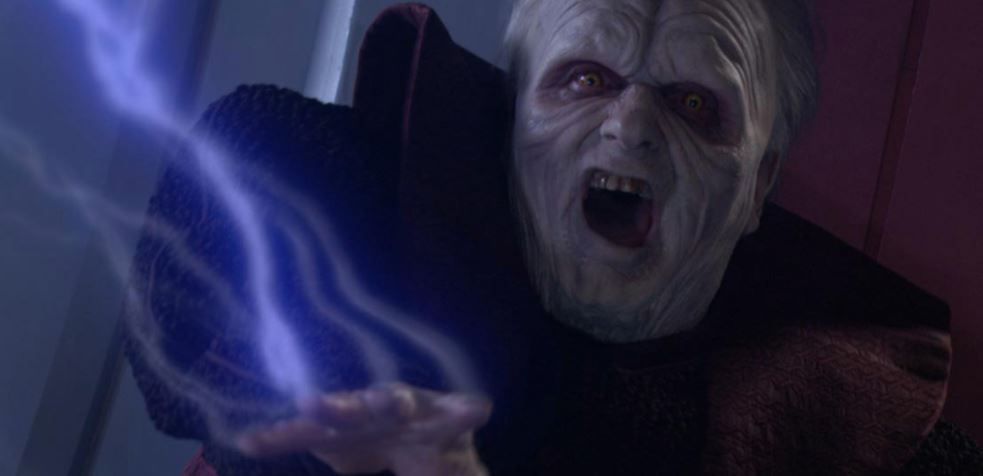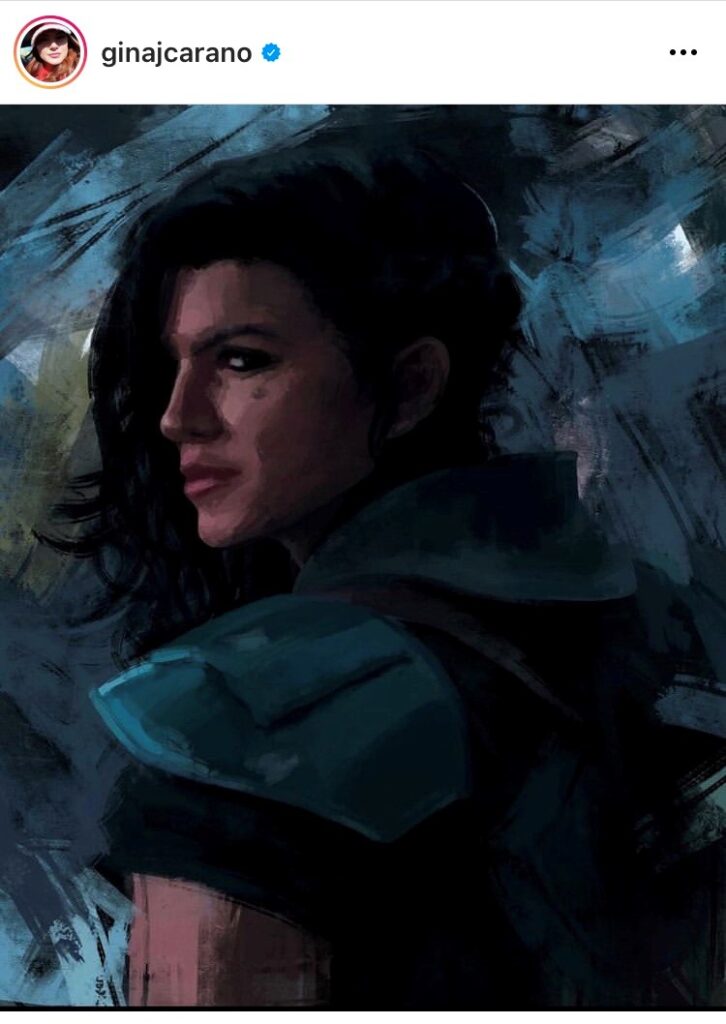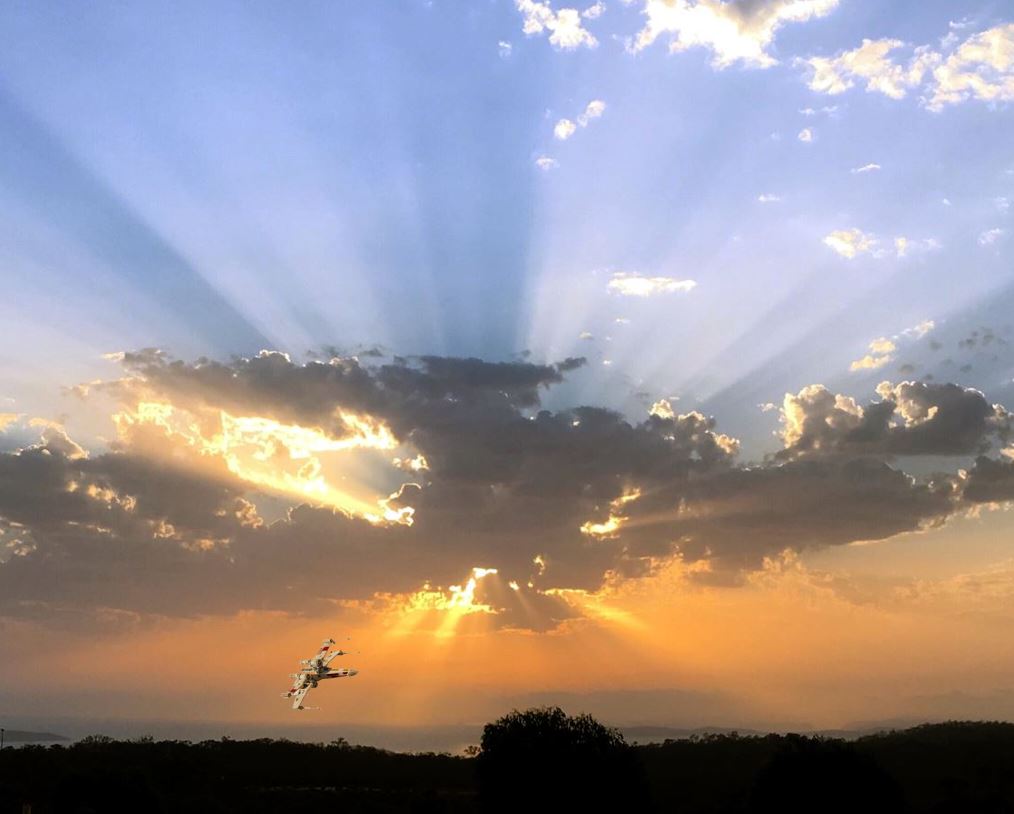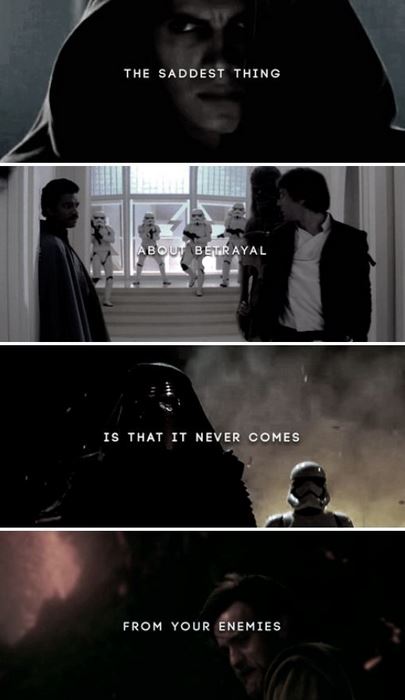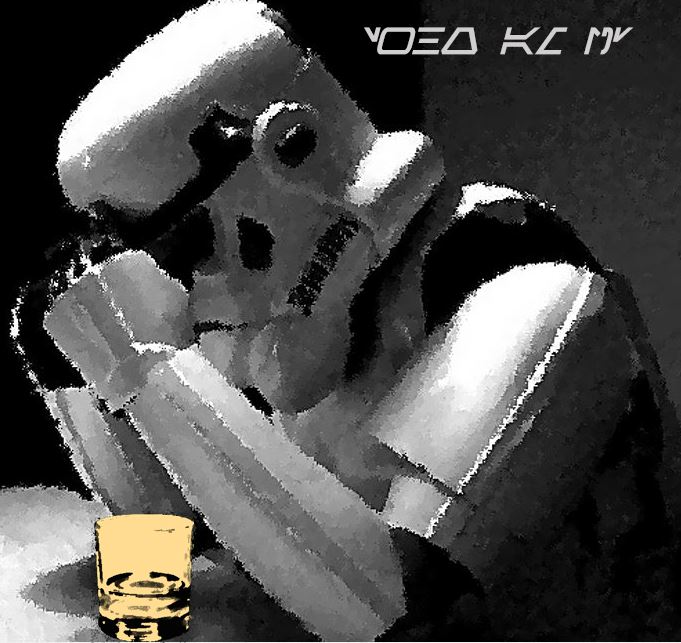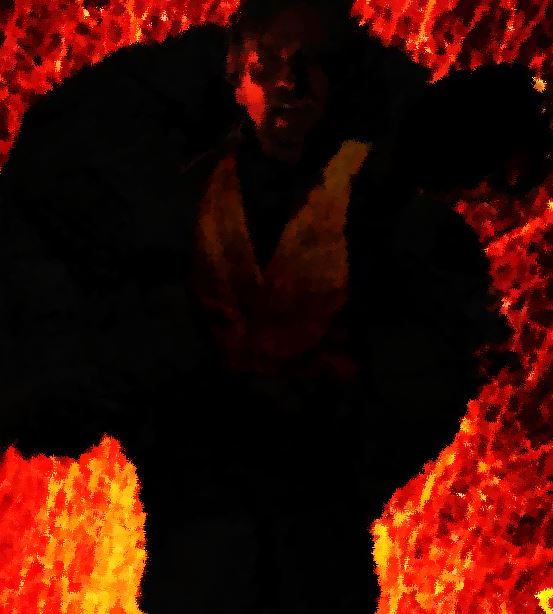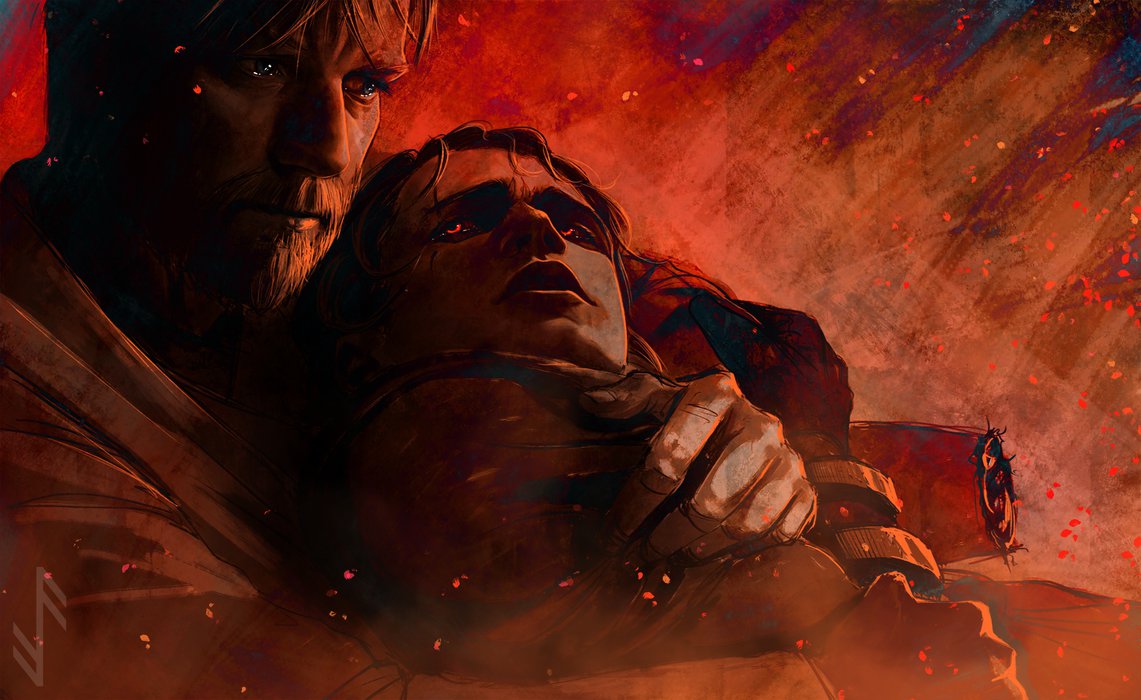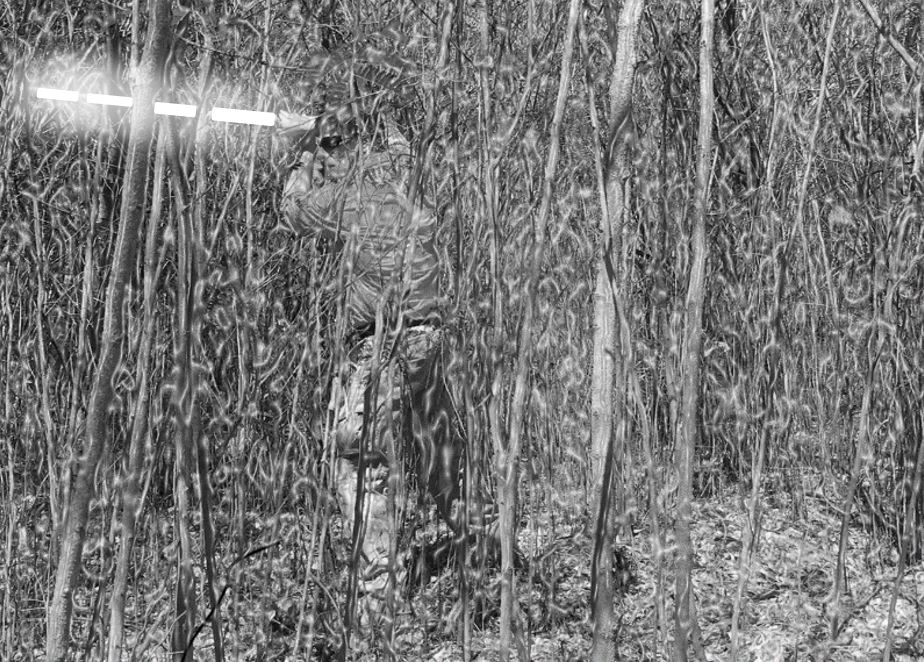“Power! Unlimited power!” – Darth Sidious
Darth Sidious epitomizes a character who is intoxicated with power and is consumed by his lust for it. That lust allowed Palpatine to spend decades plotting and planning his revenge against the Jedi. The lust for power led to his supremacy. Palpatine’s addiction to power grew until it consumed the galaxy. That unlimited power disfigured Palpatine such was its corruption on the body and mind. All power corrupts and absolute power corrupts absolutely.
The Emperor ruled over the galaxy with a cruel intent masquerading as benevolent but firm order. The worlds controlled by the Empire were kept under the boot of the Imperial Troops commanded by Darth Vader. Nothing less than total obedience and complete submission was tolerated. Any resistance was met with brutal force. The power of the Empire was relentless and ever expanding, omniscient and omnipresent, consuming everything in its reach.
Darth Sidious was able to rise at the height of the Republic because the Jedi had become obsessed with power. The Jedi had become a political and military apparatus that accumulated influence, prestige and power. In their hubris, Palpatine was able to blind the senate and the Jedi and lead Anakin into his confidence.
“At the height of their powers, they allowed Darth Sidious to rise, create the Empire, and wipe them out.” – Luke Skywalker
Anakin was the chosen one destined to become the most powerful Jedi who had ever lived. Anakin was meant to bring order to the Force, not leave it in darkness but that is exactly what happened. The promise of redemption through the Dark Side of the Force offered by Palpatine led Anakin down a path of no return. Palpatine had told him “I have the power to save the one you love”. It was a lie but in the desire of that power to overcome death, Anakin destroyed everything that was dear to him.
Power is the ultimate drug. Those that seek and wield power are reluctant to let it go once it is obtained and harnessed. Even the allure of vast wealth pales in comparison to the intoxication of power. Being able to control the lives of others and direct the course of events leads to a desire for power that is addictive. Power yields a high far more intoxicating than any drug. Those that become drunk with power will seek absolute power the same way a junkie seeks the ultimate hit. Absolute power knows no limits. The goal of unlimited power is to usurp and replace God.
“He won’t give up his power. I’ve just learned a terrible truth. I think Chancellor Palpatine is a Sith Lord.” – Anakin
We often hear of politicians and public figures who let hubris and power lead them to over reach their limits and abuse their authority and become corrupt. Without any fetters to control them they spiral out of control and fall to their demise. Dictators, autocrats, corrupt politicians and crooked businessmen eventually fail because they can no longer hold the power they have amassed. The power they have is coveted by others. It attracts the deceit, disloyalty and betrayal of others who desire it. Eventually the powerful fall but they never go easily. They are finally replaced and the cycle repeats.
“All who gain power are afraid to lose it. Even the Jedi.” – Palpatine
Alcohol held me in the grip of its power for decades. I imagined that power was transferred to me. My ego was so inflated that it was intoxicated with a overwhelming sense of self. My immediate needs and desires far outweighed any others. Every decision made was done to benefit the addiction. Anyone or anything that I perceived as an obstacle to that desire was a threat. Any opinions or ideas contrary to my own and the people who made them, were dismissed with contempt. I was smarter than everyone else and could not see beyond the narrow view of a sick ego.
Intoxicated, I was literally drunk on power when in fact I was just drunk and powerless to alcohol. Drunk, I had no control over my thoughts, words or actions. They were erratic and chaotic. My inhibitions were dismantled and any behaviour no matter how deviant, perverse or salacious was possible.
I was stuck on a hedonistic merry-go round until it became a cage and the pleasure was long gone. The line between pleasure and pain was blurred. People were friend, then foe, then friend again. People were to be used and discarded and then used again. I had no control of my emotions, responses or body. I was powerless, not powerful.
Deep within I knew it but I was afraid to lose the illusion of power. I was afraid to confront my own fear.
“Confronting fear is the destiny of a Jedi.” – Yoda
True power resides in recognizing that we are powerless over alcohol. The illusion of power in addiction reveals itself to be false. Alcohol is a subtle, cunning and powerful foe, much like the Dark Side of the Sith. It brings you into its confidence, seduces and then overwhelms and corrupts you. The idea of power comes from addiction. Alcohol dulls the higher centers of the brain and removes inhibitions replacing them with a feeling of confidence, superiority and power.
True power resides in sanity. In recovery we say that our sobriety is a daily reprieve from the insanity of alcoholism contingent on the maintenance of our spiritual condition. Everyday it behoves us to:
- Recognize that we are powerless over alcohol but not in our own recovery.
- Affirm a faith in a personal Higher Power. Surrender to that Higher Power by letting go of a need to control everything.
- Be active in our own recovery by being active not passive. By seeking to become powerfully recovered.
“To answer power with power, the Jedi way, this is not. In this war, a danger there is, of losing who we are.” – Yoda
Obi-wan Kenobi showed Darth Vader that raw power is a mere illusion and one that often turns in on itself. Darth Vader cut Obi-wan Kenobi down with one fell stroke of a Lightsaber. In that act of submission and self-sacrifice, Obi-wan showed Darth Vader he had the true power. Kenobi found power in surrender to the Force. There was no need to fight, dominate or impose his will on another. Kenobi simply let go of his attachments and gave himself up completely to the Force and became more powerful.
In “Return of the Jedi”, Luke Skywalker refused to fight Darth Vader on the second Death Star. Victory over the Dark Side could not be won through the exercise of raw power. Darth Sidious could not be defeated in combat. Darth Vader could not be redeemed through force. To wield a Lightsaber in anger would have only played in to the hands of Sidious. Luke recognized that non-violence and surrender was the only way. Luke was not powerless without a Lightsaber and armed with only his faith and a love for a Father he never knew, he had become more powerful than Darth Sidious.
“The Force is not a power you have. It’s not about lifting rocks. It’s the energy between all things, a tension, a balance, that binds the universe together.” – Luke Skywalker
Decades later on Ach-To, Luke reflected on his life and failures. In his own hubris and desire for power Luke had made terrible and tragic mistakes with consequences he could not fathom or control. The old Jedi Master had betrayed the man who had once stepped in to the liar of Darth Sidious and casting aside his Lightsaber had bought his father back from the darkness. Now alone on an island far removed from danger he at last saw that he still had a chance to once again answer power with an empty hand. Luke surrendered to the power of the living Force.
We say we are powerless against alcohol because it is the truth. There is no shame in that. But we are not powerless in recovery. We find power in admitting it and in surrender to a higher power. By working the steps we learn that we are empowered in our own recovery. The ego is deflated. Anger, fear, hate, dishonesty, hubris, selfishness and resentment are overcome through temperance, courage, honesty, humility, compassion, faith and sacrifice. An inner power is found that was always there, it was only hidden behind the illusion of self and the layers of the false ego.

